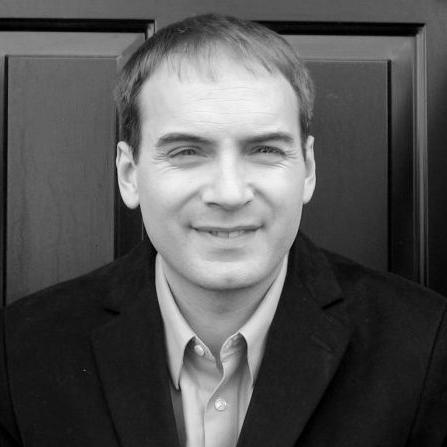I'm tired of checking every finding I want to cite for p-hacking. If your p-values are all around 0.05, if you haven't pregistered, if your sample sizes are too small, and especially if you are reporting interactions under these conditions, please, please don't publish.

